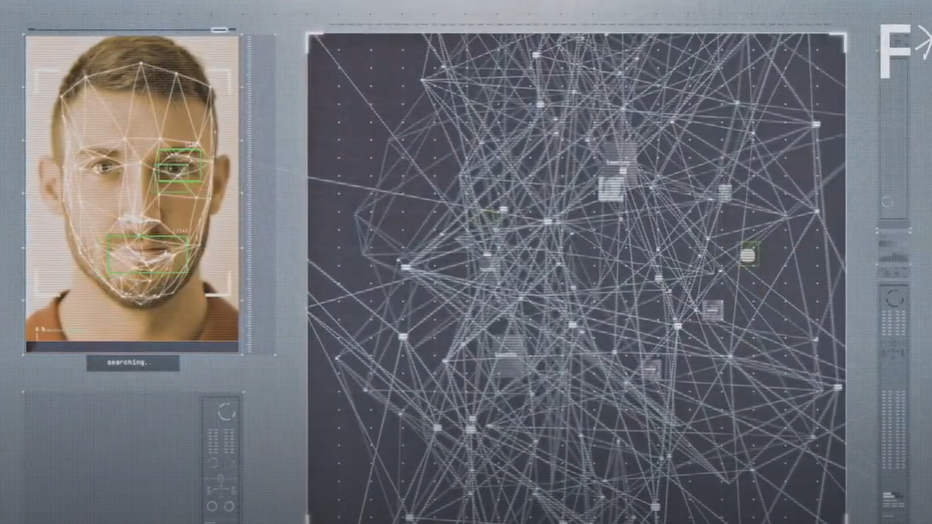Dallas police to use AI facial recognition technology to help catch criminals
Dallas police to use AI to identify suspects
The Dallas Police Department will soon be using artificial intelligence for facial recognition technology to identify criminal suspects through millions of photos available online.
DALLAS - The Dallas Police Department will soon be using artificial intelligence for facial recognition technology to identify criminal suspects through millions of photos available online.
It's a powerful technology, and DPD assured Dallas City Council members in a presentation on Monday that it has the appropriate safeguards in place.
Right now, if a crime is captured on camera, police often rely on tipsters recognizing the person's image on the news or matching physical descriptions already in the police database.
"That was long and painstaking," Dallas Police Chief Eddie Garcia said during Mondays’ Public Safety Committee meeting. "Then you have to corroborate each one. It is just a start. Was he in the area? Does the car match the description?"
Now, Dallas police will have access to Clearwater AI software that can compare the person's image to millions of photographs on social media or anywhere else online.
Criminologist Alex Del Carmen at Tarleton State University explained how it works.
"The number by virtue of particular identification points like the shape of your ear, the shape of your nose, the distance between the nose and your ear, and your eyes and your pupils of your eyes. So it's gonna use all of those components almost like fingerprints," he said.
Featured
Dallas police chief stays mum on speculation surrounding his job
When FOX 4 asked the chief about the speculation surrounding his future in Dallas, he smiled and said he couldn’t comment on it right now.
But Del Carmen says it is important for police to remember it is not foolproof.
"Is it immune from making errors? Absolutely not," he said. "Can we be comfortable 100% of the time it will be effective? No. But police departments can put in place layers of protection that hopefully will prevent these errors."
Dallas PD says it plans to use the technology to generate leads.
"I can tell you that it will be a game changer for our hardworking detectives to have this technology," said Chief Garcia.
The technology has already helped Dallas police in a child pornography creation case.
Detectives worked on the case over a period of four to five months. They put a photo of the suspect into the technology and got leads within two minutes.
"The photo that came back was actually a photo of two individuals who were at a conference," said Dallas Police Major Stephen Williams. "Then in the background was the individual who was actually working at an event for a corporation."

Source: Clearview AI
Investigators were able to positively identify the person. Police say they are now serving a 30-year sentence for child pornography creation.
DPD says the technology will not be used to identify people on live video feeds or live-streamed events.
"This is not a license plate reader for humans. We have to have a criminal offense before we start doing things," said Major Williams.
Many other agencies across the country are already using the technology, including both Arlington and Fort Worth.
"In Dallas, we like to lead the way. In this case, I don't think we wanted to," Chief Garcia said. "I'm glad we've taken time to see what is out there, how we can better our policies."
Among those policies, a supervisor must approve using the technology. If a match is found, another analyst will conduct the same review to see if the same match is made.
"If there is a difference between the two analysts, it will then go to a supervisor for a final review," Williams said.
DPD says analysts will receive 32 hours of training which will include how to avoid implicit bias and misidentification.
And the chief says the technology cannot be used to identify people engaging in a protest or religious gathering.
"This is not at all probable cause to make an arrest. This is not a license plate reader for humans. This is strictly based on a criminal offense that has occurred," Garcia said.
DPD says funding for the program has been secured through grants.
Dallas police will give an update on the program to Dallas City Council in six months.


